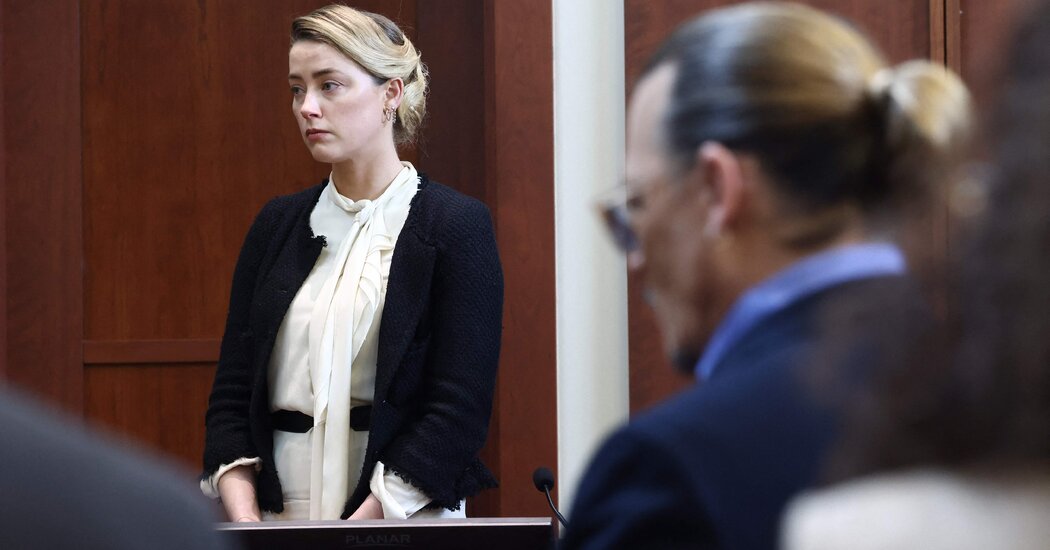
Mr. Depp’s argument was that the case had nothing to do with the First Amendment’s broad protections for speech. Instead, he insisted, it was about the credibility of the accuser. “The First Amendment doesn’t protect lies that hurt and defame people,” Mr. Depp’s lawyer told the jury as the trial came to a close.
Several lawyers said they were surprised by the outcome, especially because Mr. Depp lost a similar case in Britain, which has much lower legal standards for public figures who sue for defamation. A key difference, said George Freeman, executive director of the Media Law Resource Center and a former lawyer for The New York Times, was that a judge decided the matter in Britain whereas a jury sided with Mr. Depp in the United States.
“A jury decides what a jury decides, and there’s often no further explanation,” Mr. Freeman said.
The outcome was all the more curious, Mr. Freeman added, because the jury also sided with Ms. Heard on one count in which she claimed that Mr. Depp’s lawyer had defamed her by blaming her for damaging the couple’s penthouse.
“When one side is false, then the other is true,” Mr. Freeman said. “It seems kind of inconsistent to give awards to both.”
Johnny Depp’s Libel Case Against Amber Heard
In the courtroom. A defamation trial involving the formerly married actors Johnny Depp and Amber Heard just concluded in Fairfax County Circuit Court in Virginia. Here is what to know about the case:
One implication of the split jury decision is that the law, because of its complexities, may not do what people expect it to do: be an arbiter for the kinds of he said/she said disputes that arise from allegations like sexual assault.
In other similar defamation cases, the publisher has also been part of the lawsuit. First Amendment experts who are concerned about the use of defamation suits in an increasingly polarized climate — especially against news organizations — said the fact that The Post was not named as a party in Mr. Depp’s case probably made his victory easier.
Had The Post been sued, the trial would probably have been more focused on the ways defamation laws can be abused, said RonNell Andersen Jones, a law professor at the University of Utah.




